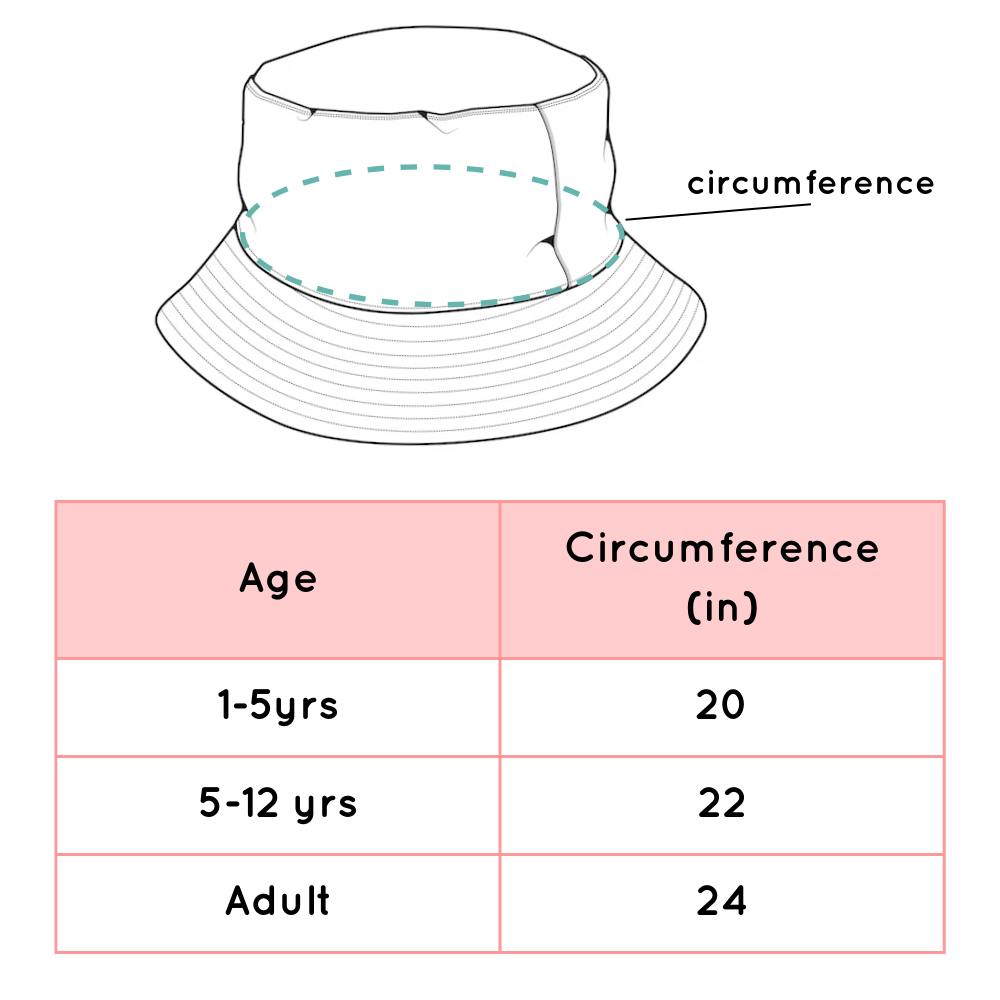Benefits of Singing Baby Nursery Rhymes to Babies and Toddlers
Posted by SOUL BABY CARRIERS

One of the most beautiful memories of childhood is learning nursery rhymes. We all grew up on the tunes of “Twinkle, Twinkle Little Star” and “Ba Ba Black Sheep”. These short poems have been passed down to us through generations and often are songs that introduce the children to language and music.
These rhymes are more than just entertainment, they are methods through which a child starts learning and knowing about language.
At What Age Can You Start Singing Baby Nursery Rhymes to Your Little One?
It is known that infants can hear and start developing cognitive skills right from the mother’s womb. Moreover, most of the brain development occurs until 5 years of age. Thus, you should start singing rhymes to your baby right from birth. While newborns may not understand the meaning of these rhymes, they can recognize and internalise the tunes, melodies, sounds, and emotions.
Key Benefits of Baby Nursery Rhymes for Babies
1. Language Development- One of the best ways to teach language and develop the speaking skills of your child is by singing nursery rhymes to them. They are the building blocks to learning new words and phrases. Early exposure to rhymes and songs can help toddlers gain a better understanding of sentences, and develop speaking skills. The repetitive nature of nursery rhymes makes the learning process simpler and fun, not only helping children build their vocabulary but also becoming aware of sounds within words simultaneously building phonemic awareness. In the process, your child will also learn the rhythm helping understand how sentences flow and how to modulate their voice while speaking.
One of the very important factors of language development is building listening skills. nursery rhymes help improve a child's listening skills, as they learn to pay attention to the words and sounds. Listening on a regular basis also in turn helps them understand the basics of grammar and how sentences are formed.
2. Cognitive Development- Several experts believe that nursery rhymes stimulate a baby’s brain and help their comprehension skills. Your baby has the best grasping power during the age of 1-5. Repeatedly making them listen to songs helps their cognition development and retainment skills. This early learning process helps them better grasp concepts when they grow up. In a way, nursery rhymes also help in building memory and recall due to their repetitive nature.
3. Social and Emotional Development- Singing and enacting rhymes creates a great bonding experience between parents and babies. It brings children a sense of security and deepens their attachment to their parents.
4. Creative Development- Yet another benefit of Nursery rhymes is that they tell a story. These story-based songs stimulate the creative juices among the kids. With time, when toddlers get to know the meaning behind the songs, they may start creating their own stories in their heads. It’s a great way to develop creativity from an early age.
5. Motor Skills Development- Many nursery rhymes involve actions, such as clapping, jumping, and stomping which helps the baby develop their motor skills. These action-oriented rhymes help the children coordinate their movements with the song's rhythm, and promote physical activity among them as well. For example, songs like "Head & Shoulders; Knees and Toes" or "If You're Happy and You Know It" promote hand-eye coordination and motor skills.
Effective Ways for Introducing Baby Nursery Rhymes Songs
Every parent has a common question - how to teach nursery rhymes to babies? You can start by singing the baby nursery rhymes during bedtime or when you have babies close to you in the baby carry bags for mothers . You need not sing big nursery rhymes, you can keep it simple and preferably in the child’s mother tongue. With time, you can introduce complex nursery rhymes, in languages other than your mother tongue.
While singing you can use actions that go along the song. This helps the activity to be interactive and fun for the baby. If you want, you can also play animated videos of the nursery rhymes available on the internet, or incorporate stuffed toys as your props.
The benefits of nursery rhymes are that your child gets used to the language and develops essential cognitive skills.
FAQs
Is Watching Nursery Rhymes Good for Babies?
Yes, you should make your babies watch nursery rhymes and even engage them in real-life interaction. This helps them develop learning skills and introduces them to language and tunes.
Should Babies Listen to Nursery Rhymes?
Yes. Babies should learn and listen to nursery rhymes. It helps in developing cognitive, social, and language skills.
How to Teach Nursery Rhymes?
Start by singing simple rhymes with actions, gradually moving to more complex ones. You can also make them watch videos of nursery rhymes.






